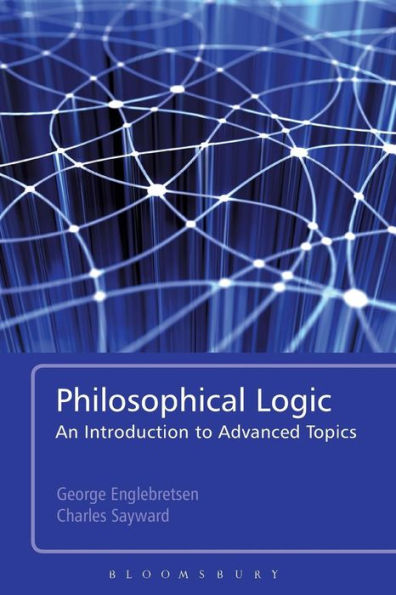Home
the Problem of Plurality Logics: Understanding Dynamic Nature Philosophical Logic
Barnes and Noble
the Problem of Plurality Logics: Understanding Dynamic Nature Philosophical Logic
Current price: $130.00


Barnes and Noble
the Problem of Plurality Logics: Understanding Dynamic Nature Philosophical Logic
Current price: $130.00
Size: Hardcover
Loading Inventory...
*Product information may vary - to confirm product availability, pricing, shipping and return information please contact Barnes and Noble
As the foundation of our rationality, logic has traditionally been considered fixed, stable and constant. This conception of the discipline has been challenged recently by the plurality of logics and in this book, Pavel Arazim extends the debate to offer a new view of logic as dynamic and without a definite, specific shape.
The Problem of Plurality of Logics
examines the origins of our standard view of logic alongside Kant's theories, the holistic view, the issue of logic's pragmatic significance and Robert Brandom's logical expressivism. Arazim then draws on proof-theoretical approaches to present a convincing argument for a dynamic version of logical inferentialism, which opens space for a new freedom to modify our own logic. He explores the scope, possibilities and limits of this freedom in order to highlight the future paths logic could take, as a motivation for further research.
Marking a departure from logical monism and also from the recent doctrine of logical pluralism in its various forms, this book addresses current debates concerning the expressive role of logic and contributes to a lively area of discussion in analytic philosophy.
The Problem of Plurality of Logics
examines the origins of our standard view of logic alongside Kant's theories, the holistic view, the issue of logic's pragmatic significance and Robert Brandom's logical expressivism. Arazim then draws on proof-theoretical approaches to present a convincing argument for a dynamic version of logical inferentialism, which opens space for a new freedom to modify our own logic. He explores the scope, possibilities and limits of this freedom in order to highlight the future paths logic could take, as a motivation for further research.
Marking a departure from logical monism and also from the recent doctrine of logical pluralism in its various forms, this book addresses current debates concerning the expressive role of logic and contributes to a lively area of discussion in analytic philosophy.


















